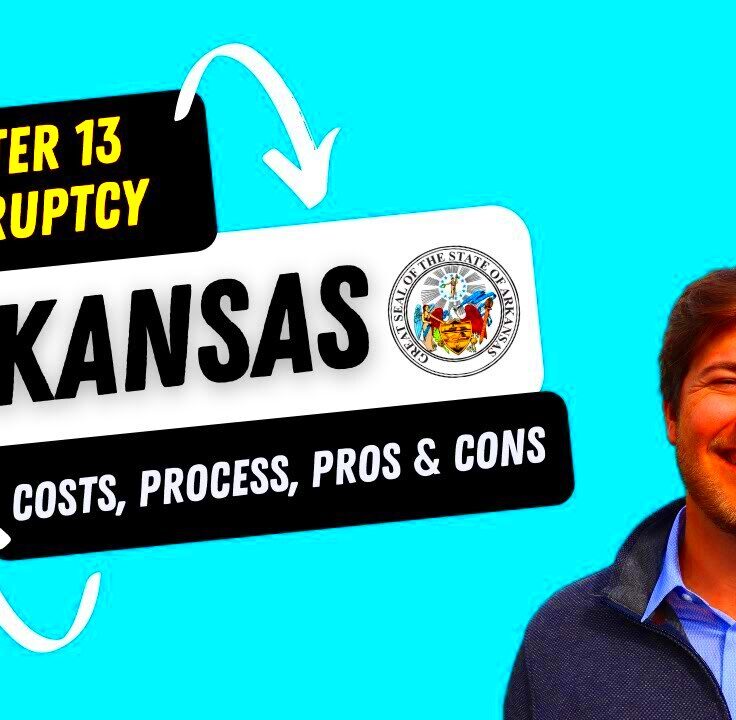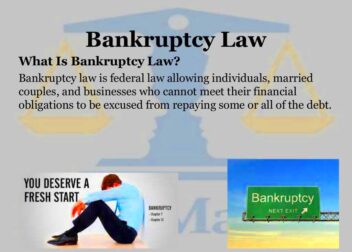Arkansas Bankruptcy Laws Explained
Bankruptcy can be a complex legal process, but understanding the basics can help ease your concerns. In Arkansas, the laws governing bankruptcy provide individuals and businesses a chance to get a fresh financial start when debts become overwhelming. By filing for bankruptcy, you can either discharge or restructure your debts, depending on the type of bankruptcy you choose. Knowing your rights and the steps involved can make the process smoother and less stressful.
Who Can File for Bankruptcy in Arkansas?
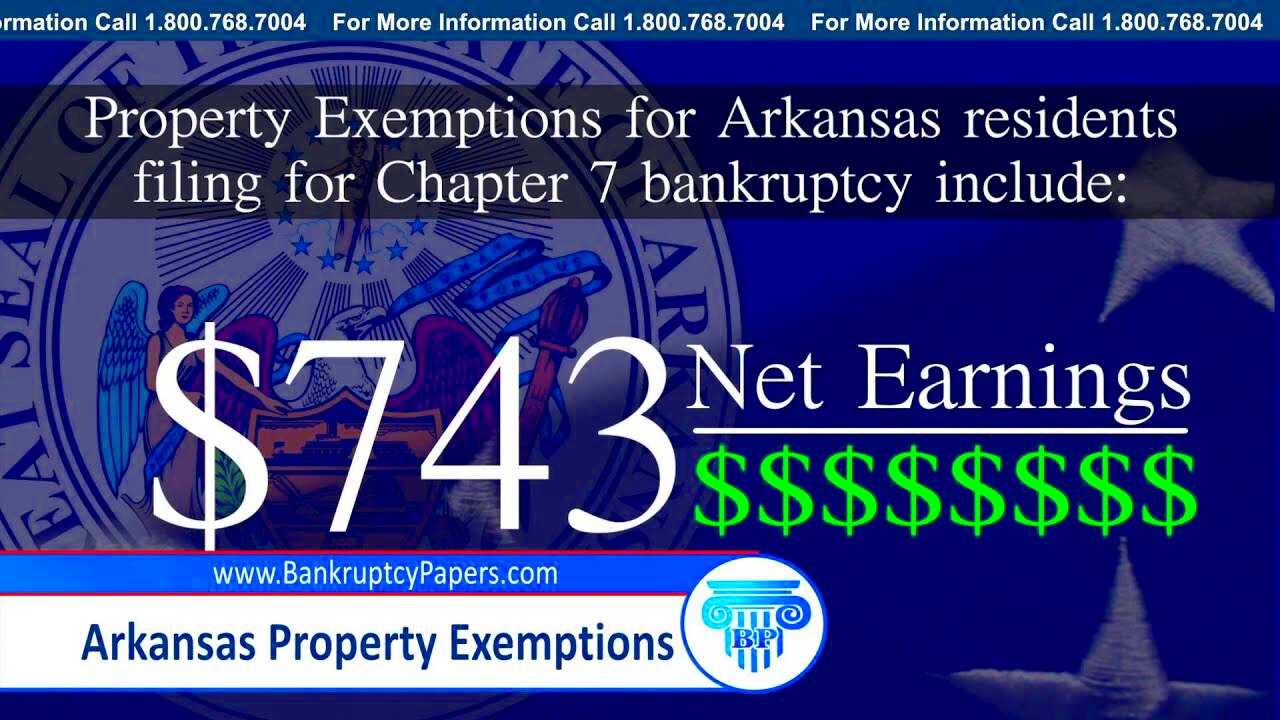
In Arkansas, both individuals and businesses can file for bankruptcy, provided they meet certain eligibility requirements. Generally, anyone who finds themselves unable to pay their debts can consider bankruptcy as a viable option. However, there are specific guidelines that determine whether you qualify for a particular type of bankruptcy.
Here are a few factors that influence your eligibility:
- Income Level: For Chapter 7 bankruptcy, you must pass the means test, which compares your income to the state median.
- Debt Type: Certain kinds of debt like child support, student loans, and tax obligations may not be dischargeable.
- Previous Bankruptcies: If you’ve filed for bankruptcy in the past, you may have to wait before being eligible again.
- Residency: You must have lived in Arkansas for at least 180 days before filing.
If you meet these criteria, you can move forward with the bankruptcy process, which involves determining which type of bankruptcy suits your situation best.
Types of Bankruptcy Available in Arkansas
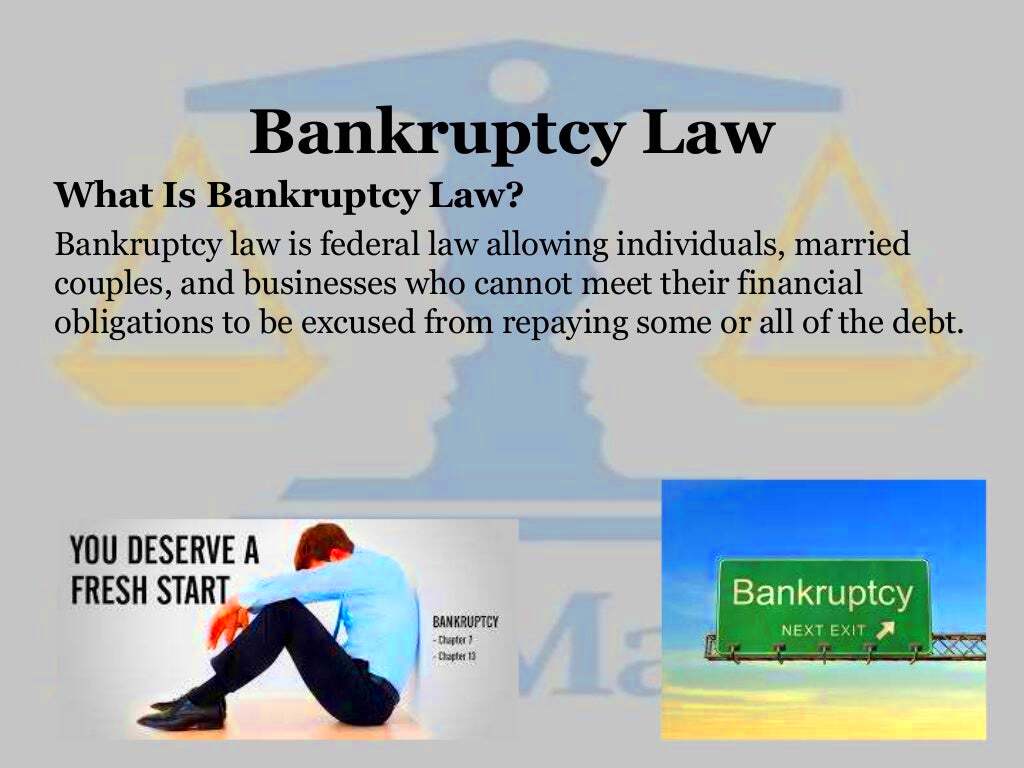
Arkansas offers several types of bankruptcy options, each designed to meet different financial circumstances. The most common types are:
| Type of Bankruptcy | Description |
|---|---|
| Chapter 7 | Known as “liquidation” bankruptcy, Chapter 7 allows individuals to discharge most of their debts by selling off non-exempt assets. This is often a faster process but may involve losing certain possessions. |
| Chapter 13 | In Chapter 13, you can keep your assets and set up a repayment plan to pay off debts over three to five years. It’s ideal for individuals with regular income who need time to catch up on overdue payments. |
| Chapter 11 | Primarily used by businesses, Chapter 11 allows for reorganization rather than liquidation. It helps businesses stay operational while restructuring their debts. |
Understanding which type of bankruptcy suits your situation depends on factors like income, the amount of debt, and the nature of your financial difficulties. Consulting with a legal expert can help you choose the right path.
Steps Involved in Filing for Bankruptcy
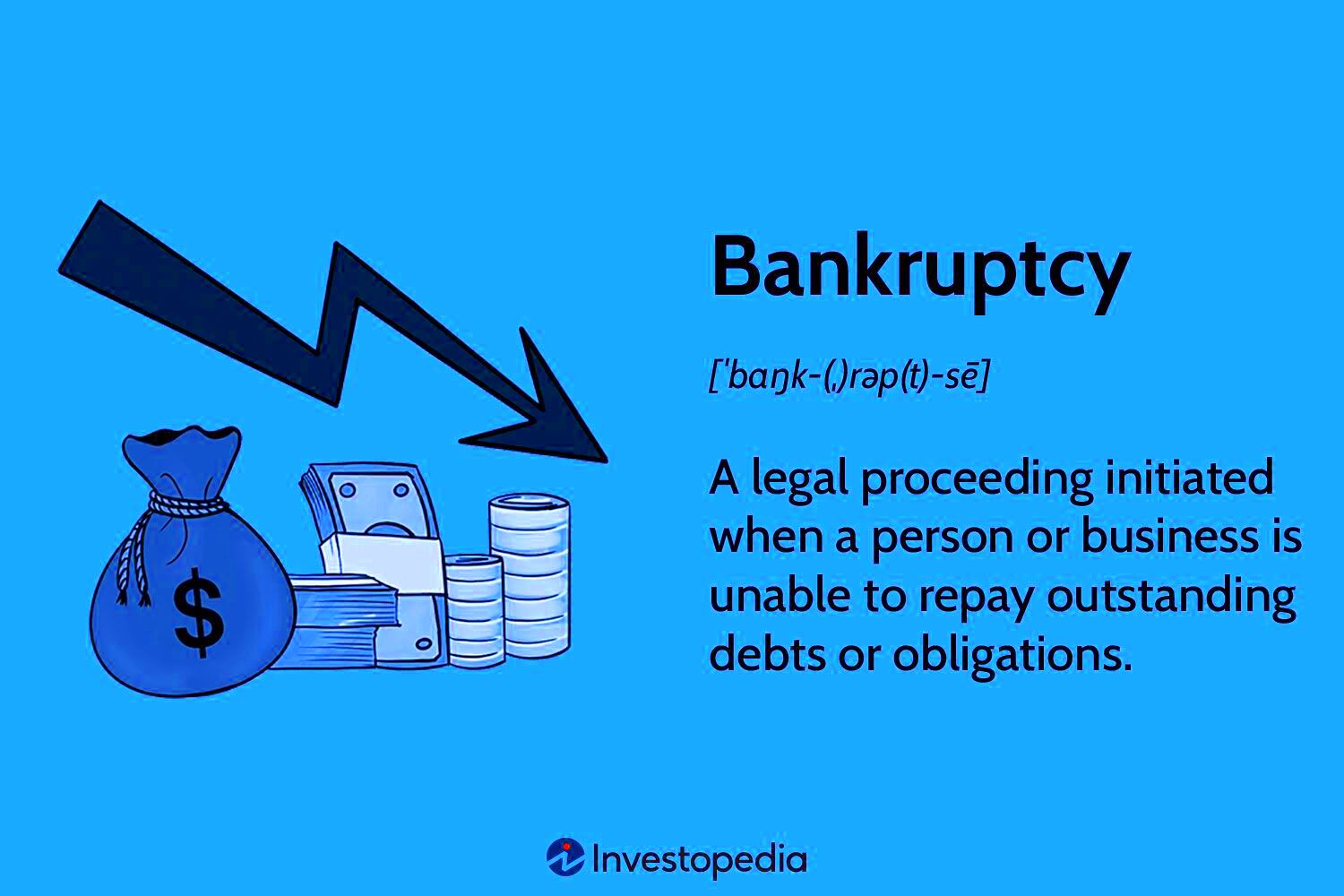
Filing for bankruptcy in Arkansas involves several important steps. Knowing what to expect can help you feel more confident about the process. Here’s a breakdown of the key steps you’ll go through:
- Consult with a Bankruptcy Attorney: Before filing, it’s recommended to meet with a qualified bankruptcy attorney to assess your financial situation and determine if bankruptcy is the right option for you.
- Complete Credit Counseling: You must complete a credit counseling course from an approved agency within 180 days before filing. This helps ensure that you’re aware of all your financial options.
- File Your Petition: The next step is to file a bankruptcy petition with the court, including detailed information about your debts, assets, income, and expenses. This initiates the bankruptcy process.
- Automatic Stay: Once your petition is filed, the court issues an automatic stay, which stops creditors from taking any collection actions against you.
- Meeting with Creditors: About a month after filing, you’ll attend a meeting of creditors (also called a 341 meeting), where creditors can ask questions about your finances. An appointed trustee will also review your case.
- Debt Discharge or Repayment Plan: For Chapter 7 bankruptcy, qualifying debts are discharged after asset liquidation. In Chapter 13, you’ll follow a court-approved repayment plan for three to five years.
- Complete Debtor Education: After filing, you’ll need to complete a financial management course to receive a discharge of your debts.
These steps ensure a thorough review of your financial situation and offer a structured way to manage your debts.
Arkansas Bankruptcy Exemptions: What You Can Keep
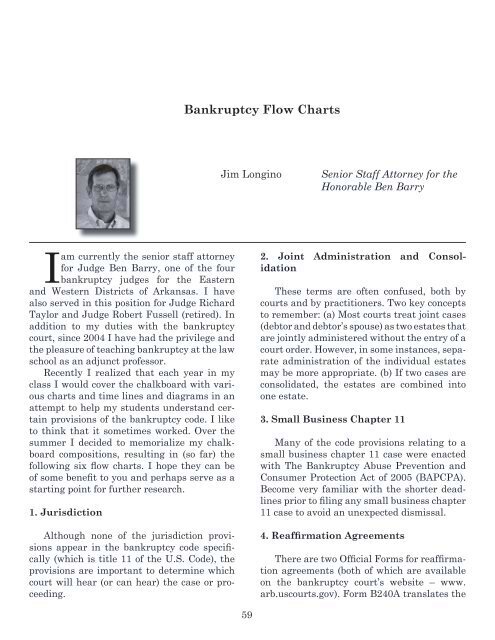
Bankruptcy exemptions allow you to protect certain assets from being liquidated during the bankruptcy process. In Arkansas, there are specific state exemptions you can use, or you can choose to use federal exemptions, but not both. Here’s a look at the most commonly used Arkansas exemptions:
- Homestead Exemption: You can protect up to $800 in value for single individuals, or $1,250 for married couples, in your primary residence. If you own more land, additional exemptions may apply.
- Personal Property Exemption: This allows you to keep certain personal items, such as clothing, appliances, and furniture, up to a value of $200 per item.
- Vehicle Exemption: You may protect up to $1,200 in value for a vehicle.
- Wages: 75% of your earned but unpaid wages are exempt, allowing you to keep a significant portion of your income.
- Tools of Trade: If you rely on certain tools or equipment for work, Arkansas law allows you to exempt up to $750 in value for these items.
These exemptions are designed to help individuals maintain essential property and assets while undergoing the bankruptcy process. It’s crucial to know your options so that you can maximize what you’re able to keep.
Impact of Bankruptcy on Credit Score
Filing for bankruptcy will have a significant impact on your credit score. However, the extent of the damage can vary depending on your previous credit history and the type of bankruptcy you file. Here’s what you need to know:
- Initial Credit Score Drop: Bankruptcy can cause an immediate drop in your credit score, typically by 100-200 points, depending on where your score stood before filing.
- Duration on Credit Report: A Chapter 7 bankruptcy remains on your credit report for up to 10 years, while a Chapter 13 bankruptcy stays for 7 years. This affects your ability to qualify for new credit during that time.
- Difficulty in Getting Loans: After bankruptcy, securing new loans or credit cards may be challenging, and those you do qualify for will likely come with higher interest rates.
- Credit Repair Opportunities: Although bankruptcy affects your credit negatively, it also offers an opportunity for a fresh start. With responsible financial management, you can begin rebuilding your credit over time by paying bills on time and avoiding new debt.
While the immediate impact of bankruptcy on your credit score is harsh, many people find that they can slowly recover their credit standing with proper financial planning and discipline.
How Bankruptcy Affects Your Assets and Property
One of the biggest concerns for anyone filing for bankruptcy is how it will affect their assets and property. The impact largely depends on the type of bankruptcy you file and what assets you own.
Here’s how different assets may be treated:
- Real Estate: If you file for Chapter 7, non-exempt real estate could be sold to pay creditors, but with Arkansas’ homestead exemption, your primary home may be protected. In Chapter 13, you can keep your home by staying current on mortgage payments and including arrears in your repayment plan.
- Vehicles: Bankruptcy exemptions allow you to keep a vehicle up to a certain value. If your car’s value exceeds the exemption limit, it could be sold in a Chapter 7 case. In Chapter 13, you can keep your car by including any outstanding car loan payments in the repayment plan.
- Personal Property: Personal belongings like clothing, furniture, and household items are generally protected under Arkansas’ personal property exemptions, provided they fall within the state’s value limits.
- Retirement Accounts: Most qualified retirement accounts, such as 401(k)s and IRAs, are fully exempt in bankruptcy, meaning they cannot be taken by creditors.
While you may lose some non-exempt assets in a Chapter 7 bankruptcy, Chapter 13 generally allows you to retain your assets as long as you adhere to the repayment plan. Understanding how your property is protected can help reduce the stress of the bankruptcy process.
Alternatives to Filing for Bankruptcy in Arkansas
Bankruptcy isn’t the only solution for overwhelming debt. Before filing, it’s wise to explore alternatives that may help you manage your financial situation without the long-term effects of bankruptcy. Here are some common options:
- Debt Settlement: This involves negotiating with your creditors to settle your debts for less than the total amount owed. Creditors may agree to a reduced payment plan rather than risk receiving nothing in bankruptcy.
- Debt Consolidation: With this option, you combine all your debts into one loan with a lower interest rate. This can make managing your monthly payments easier and more affordable.
- Credit Counseling: A credit counseling agency can help you create a debt management plan. This involves negotiating with creditors to reduce interest rates or waive fees while consolidating your payments into a single monthly amount.
- Negotiating Directly with Creditors: If your financial struggles are temporary, creditors may be willing to work with you on a modified payment plan or reduced interest rates, especially if they believe you’ll be able to catch up over time.
These alternatives may allow you to avoid the credit damage and asset loss associated with bankruptcy while still managing your debts. However, they also require careful consideration and often involve professional guidance.
Frequently Asked Questions about Arkansas Bankruptcy
Filing for bankruptcy can raise a lot of questions. Here are answers to some of the most common concerns:
- Will I lose everything if I file for bankruptcy?
No, Arkansas has exemptions that allow you to keep essential property like your home, car, and personal belongings, as long as they fall within exemption limits. - How long does the bankruptcy process take?
For Chapter 7 bankruptcy, the process typically takes 4-6 months. Chapter 13 can last 3-5 years due to the repayment plan. - Can bankruptcy stop foreclosure?
Yes, filing for bankruptcy triggers an automatic stay that halts foreclosure proceedings. Chapter 13 bankruptcy allows you to include past-due mortgage payments in a repayment plan to save your home. - Can I discharge student loans through bankruptcy?
In most cases, student loans are not dischargeable in bankruptcy unless you can prove undue hardship, which is difficult to establish. - How will bankruptcy affect my spouse?
If only one spouse files, it generally does not affect the other spouse’s credit unless you have joint debts. In joint filings, both spouses are impacted.
These answers can help clarify some of the confusion around bankruptcy, but speaking with an attorney is the best way to get advice tailored to your situation.
Conclusion: Understanding Your Legal Options
Bankruptcy can be a challenging process, but understanding your legal options in Arkansas can help you make informed decisions about your financial future. Whether you are considering Chapter 7, Chapter 13, or exploring alternatives like debt settlement or consolidation, it’s important to know what resources and protections are available to you. Consulting with a qualified bankruptcy attorney ensures that you fully understand the implications of each option, helping you to choose the path that best suits your unique financial situation. With the right guidance, you can regain control over your finances and work toward a fresh start.
